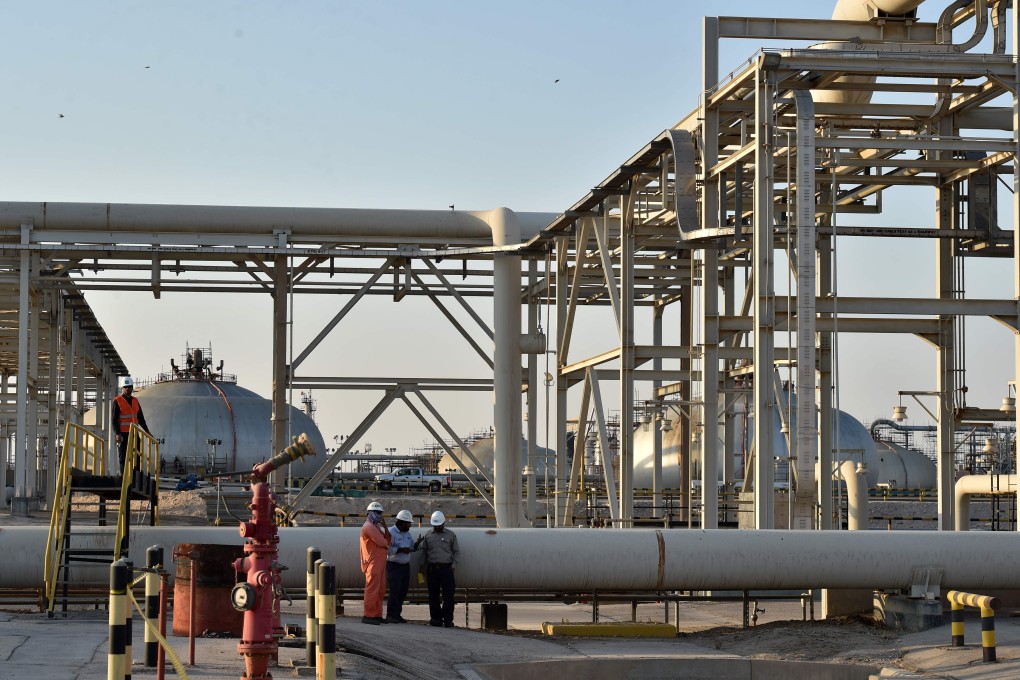Advertisement
What Joe Biden’s policies on climate change and Iran mean for oil producers around the world
- Once the US relinquishes its role as a major competitor in oil and gas markets, the market share battles of the first quarter of 2020 will be just a bad memory
- Meanwhile, the spectre of Iranian hegemony in the Gulf will concentrate the minds of moderate Sunni Gulf rulers and could drive further alignment with Israel
Reading Time:4 minutes
Why you can trust SCMP

Any hope that US President Joe Biden would tack back to the centre on energy policy and seek an orderly, long-term transition away from oil and gas evaporated after the slew of executive orders issued on his first day after taking the oath of office.
The United States rejoined the Paris climate agreement and revoked the permit for the Keystone XL pipeline, which is capable of moving 830,000 barrels of heavy crude per day from the Alberta oil sands to the US Gulf coast refineries.
Biden also imposed an immediate 60-day freeze on new leases and administrative permitting on federal lands, which account for more than a fifth of US oil and a tenth of natural gas.
Advertisement
The suspension is part of a larger review by the Department of Interior, which also effectively freezes for 60 days all administrative approvals on easements, rights of way, environmental reviews and resource development plans on all US land and waters.

00:49
President Biden signs first-day executive orders for US return to Paris climate accord, WHO and more
President Biden signs first-day executive orders for US return to Paris climate accord, WHO and more
Biden’s first executive orders provide an early signal of his administration’s priorities. The climate emergency will outweigh all else, be it at the cost of many US jobs, hundreds of millions of dollars of lost royalties for state coffers in New Mexico, Colorado, Utah and Wyoming – all with significant shares of their oil and gas production on federal land – or the loss of billions more for Canadian producers in Alberta who will have to ship their crude by expensive and riskier rail and truck routes at steep discounts.
Advertisement
Advertisement
Select Voice
Select Speed
1.00x
